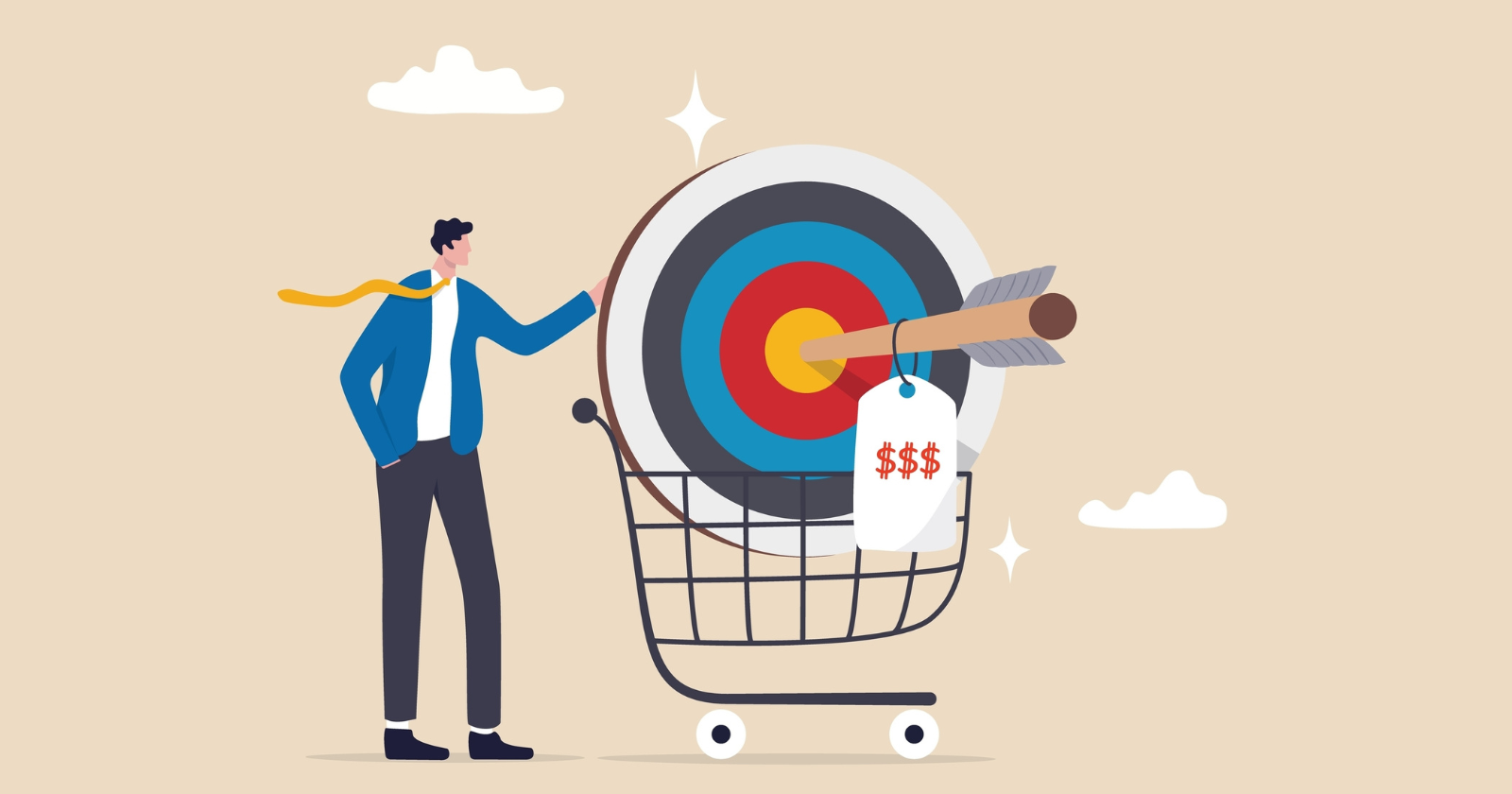
Continuing Our Series…
In our Behind the Metrics series, we’ve explored CAC, LTV, and ROAS — each offering a lens into customer economics and campaign efficiency. Now we turn to Conversion Rate, a deceptively simple metric that reveals how well your digital experience turns interest into action.
What Is Conversion Rate?
Conversion Rate measures the percentage of users who complete a desired action — whether that’s making a purchase, signing up for a newsletter, downloading a resource, or submitting a form.
Formula:
Conversion Rate = (Conversions ÷ Total Visitors) × 100
It’s one of the most versatile metrics in digital strategy, used across e-commerce, SaaS, lead generation, and more.
Why Conversion Rate Matters
Conversion Rate helps answer:
- Is our website or landing page effective
- Are we targeting the right audience?
- Where are users dropping off in the funnel?
It’s a key performance indicator for marketers, UX designers, and product teams — and often the fastest way to improve ROI without increasing spend.
Real-World Example: Lead Gen Landing Pages
A B2B software company runs paid ads driving traffic to a lead capture page. If 1,000 visitors arrive and 50 submit the form, the conversion rate is 5%. By simplifying the form, adding social proof, or improving mobile UX, they might raise that to 8% — a 60% lift in leads without spending more on ads.
Common Pitfalls
- Misdefining “conversion”: Always clarify what counts — purchase, signup, click, etc.
- Ignoring context: A 2% rate might be great for high-ticket items, poor for free trials.
- Chasing vanity rates: High conversion doesn’t always mean high value.
Your Takeaway
Conversion Rate is more than a number — it’s a reflection of clarity, trust, and relevance. Use it to diagnose friction, test improvements, and align your digital experience with user intent. When optimized thoughtfully, it turns traffic into traction.